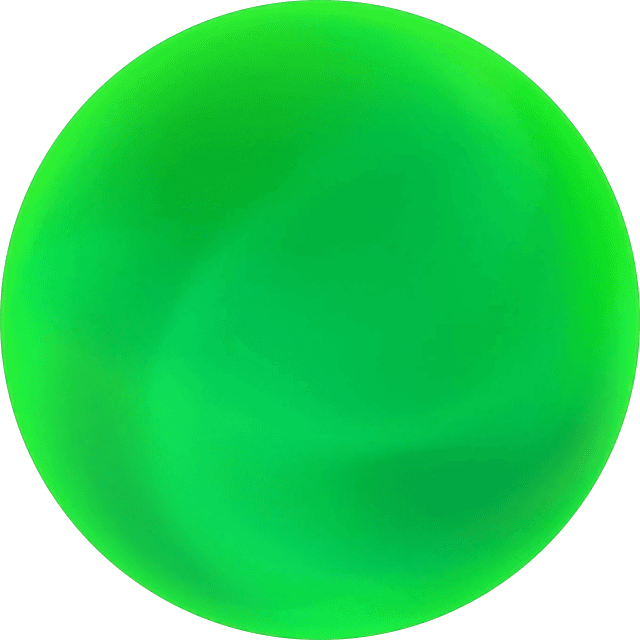13.05.21
Compartilhe
INFORME PROPRIEDADE INTELECTUAL | Decidida modulação de efeitos da decisão de inconstitucionalidade do prazo mínimo de vigência de patentes (ADI 5.529)
Concluiu-se ontem (12.5) o julgamento da Ação Direta de Inconstitucionalidade (ADI) 5.529, com o estabelecimento das regras pelo Supremo Tribunal Federal (STF) sobre a modulação dos efeitos da decisão do dia 6.5, que entendeu inconstitucional o parágrafo único do art. 40 da Lei da Propriedade Industrial (LPI - Lei 9.279/1996). Dito parágrafo dispunha sobre o prazo mínimo de vigência de patentes em caso de demora na análise do pedido pelo Instituto Nacional da Propriedade Industrial (INPI).
O prazo normal de vigência previsto pelo art. 40 da LPI é de 20 anos da data de depósito do pedido de patente de invenção, ao passo que a patente concedida nos termos do parágrafo único tinha vigência de 10 anos a partir da concessão, vigendo por mais de 20 anos.
De acordo com a decisão, a modulação acontece da seguinte forma:
- Efeito ex nunc (prospectivo) para todas as áreas tecnológicas, a partir da publicação da ata do julgamento; ou seja, todas as patentes de invenção passarão a ser concedidas com o prazo de vigência de 20 anos da data de depósito do pedido de patente.
- Patentes relativas a produtos e processos farmacêuticos e a equipamentos e/ou materiais de uso em saúde; ou seja, as patentes de invenção da área farmacêutica que tenham sido concedidas com base no parágrafo único terão vigência reduzida para 20 anos do depósito;
- Patentes de qualquer área tecnológica sendo contestadas em ações judiciais que tenham como objeto a inconstitucionalidade, propostas até o dia 7.4.21, inclusive (data da liminar que suspendeu os efeitos do parágrafo único para as tecnologias da área farmacêutica).
- Ex nunc (prospective) effect for all technological areas, from the publication of the minutes; that is, all patents of invention will be granted with a term of protection of 20 years from the filing date of the patent application.
- Patents relating to pharmaceutical products and processes and equipment and/or materials for use in health; that is, patents of invention in the pharmaceutical field that have been granted on the basis of the sole paragraph will have the term of protection reduced to 20 years from the filing;
- Patents in any technological area being challenged in lawsuits having as object the unconstitutionality filed until (and including) April 7th, 2021 (date of the preliminary injunction that suspended the effects of the sole paragraph for the pharmaceutical field).


